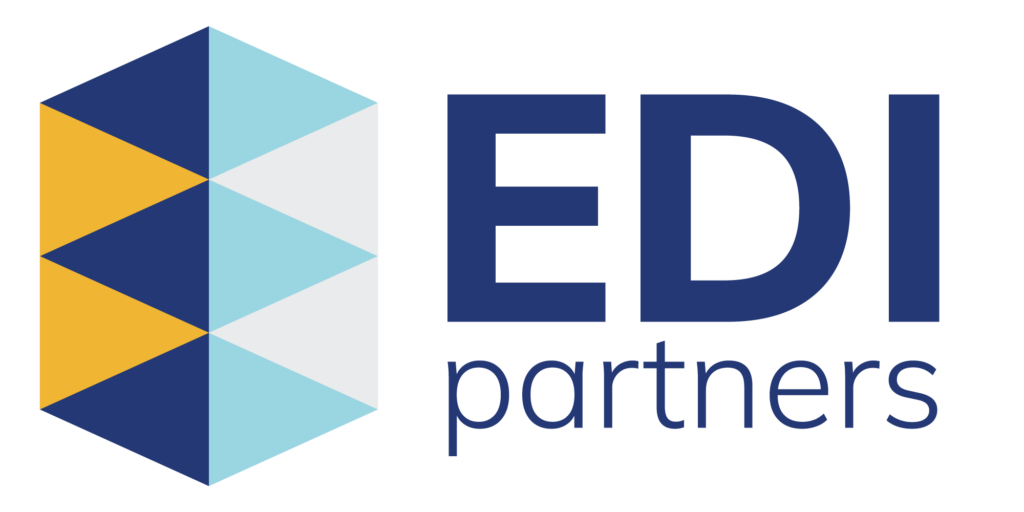In the insurance industry, every claim, policy and renewal depends on accurate data being shared between insurers, agents and brokers. While sharing these important details, there is no room for error. When these exchanges happen through emails, PDFs and spreadsheets, the chances of errors increase considerably.
To solve these challenges, the insurance industry uses Electronic Data Interchange (EDI). This technology streamlines data exchange, improves accuracy and supports automation in insurance operations
What is EDI
Electronic Data Interchange (EDI) is the computer-to-computer exchange of structured business data between organizations. Instead of sending the documents manually, organizations share information in a standard electronic format that can be read and processed automatically by both the sender’s and the receiver’s systems.
When it comes to insurance companies, EDI helps connect various stakeholders such as insurers, agents, policyholders, and even service providers. This advanced technology enables insurance companies to easily transfer policy details, claims, invoices, and payment information in real time.
The technology uses globally accepted standards such as the ANSI X12 and EDIFACT. This helps ensure that all involved parties can understand the data and meaning, irrespective of the software platform they use. By automating data exchange, EDI makes communication easier for businesses and creates a strong foundation for reliable, quick transactions.

How EDI Benefits Insurance Companies
For insurance companies, precision and trust matter the most. While manually sharing data, even if a single number mismatches the policy number, it can result in payment delays and compliance issues. EDI helps reduce such risks by automating the sharing of data without the need for manual data input.
Some of the benefits that EDI offers for insurance companies include:
- Improved Speed and Accuracy – Automated data transfer considerably reduces manual data input and the chances of errors. This helps in quickly processing claims and policies in the system.
- Lower Operational Costs – With less paperwork and manual intervention, administrative expenses also reduce drastically, helping lower business operational costs.
- Compliance and Security – EDI supports encrypted and auditable data exchanges. It makes data transfer safer and allows insurers to meet regulatory and privacy standards.
- Better Customer Experience – Quick claim processing and policy updates help boost client satisfaction and allow companies to build stronger business relationships.
The Role of EDI in Insurance Operations
EDI collects data like claim submissions and policy updates from the insurer’s internal system. This data is then converted into a standardized EDI format so it can be interpreted and understood universally. Once the message is prepared, it is transmitted securely with methods like AS2, Value-Added Network (VAN), etc.
After the message is received by the partner’s system, the file is validated, its receipt is confirmed and the data is directly integrated into the system. EDI not only makes this data transfer simpler but also quicker. The process, which used to take days of paperwork and phone calls, now gets completed within much less time.
Contact EDI Partners
EDI in insurance not only makes data exchange faster and more accurate but also helps build a more connected business ecosystem. Get in touch with EDI Partners today to integrate smart EDI solutions and scale your business. We provide comprehensive support so your EDI setup runs smoothly all year round.
- EDI Insurance Meaning and How It Works - November 6, 2025
- How Medicare EDI Works: Step-by-Step Explanation for Providers - October 30, 2025
- What is EDIFACT? A Beginner’s Guide to the Global EDI Standard - September 18, 2025

